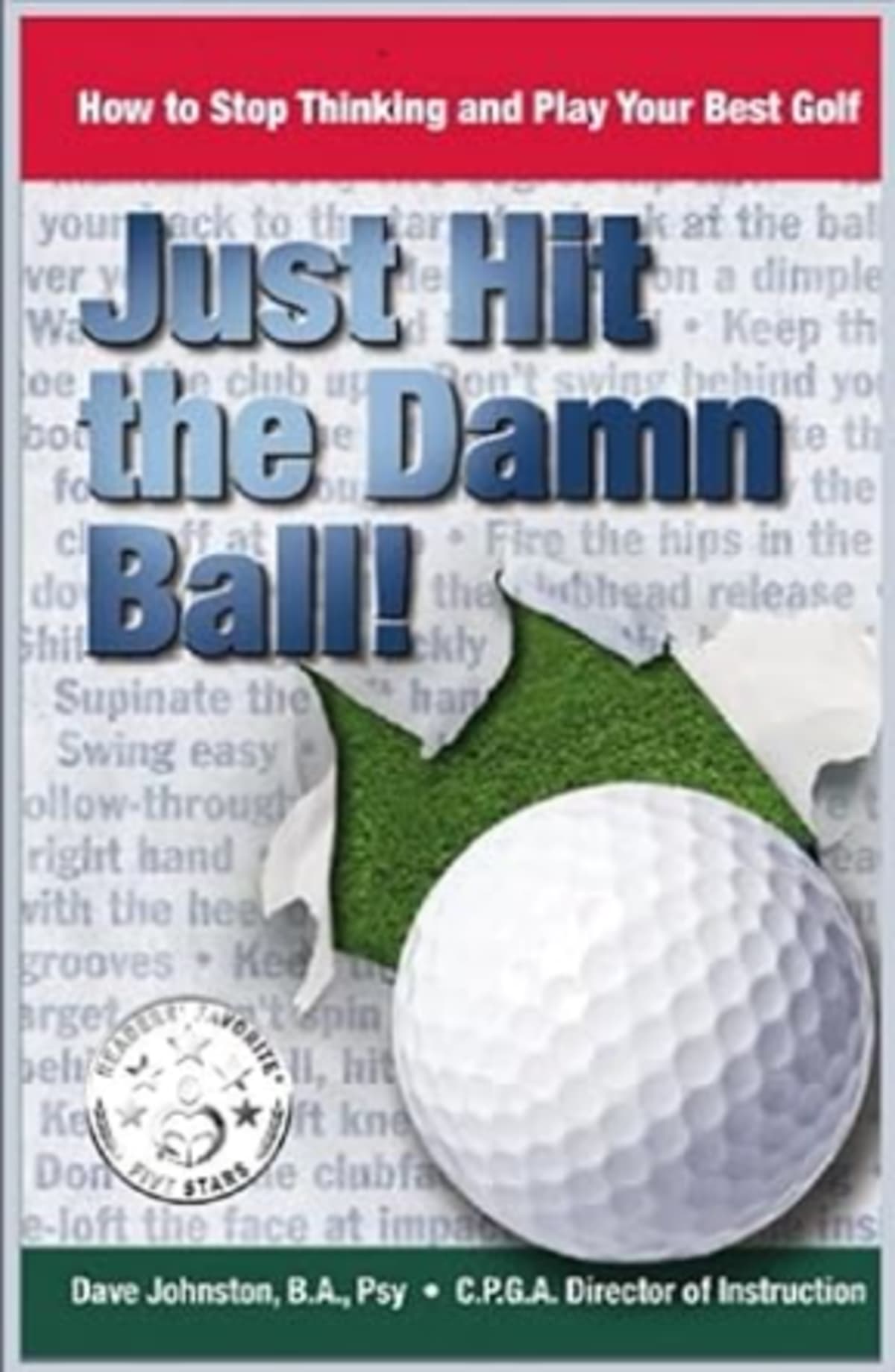INTRODUCTION: The Glass Ceiling
“Your swing is your swing.” Jackie Burke Jr.
The twentieth century golfer is the penultimate research scientist. Like a modern-day alchemist, the rabid student experiments tirelessly to uncover the combination of elements that will unlock the vault guarding the secret to a consistent game. The Golf Gods tantalize us with the illusion that the missing piece of the puzzle is out there somewhere.
Golfers have an insatiable thirst for knowledge. Amazon.com lists over two-thousand golf instruction books. and YouTube boasts fifteen-thousand videos on How To Cure A Slice. These numbers are multiplying daily at an exponential rate. The plethora of advice can be overwhelming. The challenge is filtering out the relevant information; it appears that every instructor follows a different version of the golf bible.
Any golfer with a computer has free access to unlimited resources on every aspect of the game, from swing mechanics to physical conditioning to mental secrets of the world’s best players. Esoteric knowledge is no longer the exclusive domain of scratch players and
Drivers with self-adjusting screws allow a golfer to compensate for a chronic slice or hook, without taking out a second mortgage to enlist the services of a highly touted teaching professional. Smart phones with built-in, high-definition cameras are capable of slow-motion playback. Within minutes a golfer can see the critical flaws in his swing. With all this knowledge (literally) at one’s fingertips, you would think the average golfer would score in the eighties consistently.
According to the National Golf Foundation, the 2024 median handicap for the average male golfer in North America is 16. Only ten percent of golfers score below ninety consistently; this figure hasn’t changed appreciably in forty years! My search for an answer to this paradox was the tipping point for writing this manuscript.
SAME OLD, SAME OLD…
Reviewing my lesson notes compiled over the past thirty-one years, I’ve noticed a disturbing pattern. My regular clients take a series of lessons every Spring, practice regularly and improve. Between kids’ activities, house renovations and family holidays, the golf clubs are often relegated to the basement. Often, I wouldn’t see the student again until the following Spring. In most cases, the first two lessons of the new season were devoted to correcting the swing faults that were supposed to have been exorcised the previous year! This ritual repeated year after year with alarming regularity. (The image of a mouse on a treadmill pops into my head as I write these words.)
When the student had time to practice, the new technique produced significant improvement. After an extended layoff, however, the old habits re-emerged. Most once-a-week golfers do not have the time or resources to invest in regular lessons. Resigned to this fact, you may abandon any hope of improvement. You just play for fun. Score doesn’t really matter, does it?
My approach is based on fundamental concepts of Neuro-Linguistic Programming (NLP) as popularized by Anthony Robbins. (Don’t worry, it’s not as scary as it sounds). You have untapped natural ability. The key to consistency is learning how to unlock your mental vault and access your innate swing on demand.
One of the biggest roadblocks to improvement is our automatic tendency to dwell on apparent flaws in technique. Based on my experience, most golfers find it easier to think negatively; we have been conditioned to look for mistakes. An awareness of critical flaws is necessary for improvement, however, our obsession with fault-finding leads to the embedded belief that our natural instincts betray us and must be constantly suppressed.
How often do you hear a golfer ask, “What’s right with my swing?” The technology that permits us to dissect the golf swing into a hundred pieces perpetuates our tendency to look for errors; technical nuances that cannot be seen by the naked eye. Disassembling the motion is easy. Learning how to put the pieces back together again is the “kicker”.
The secret to constant improvement is refining, not destroying, your innate ability.
